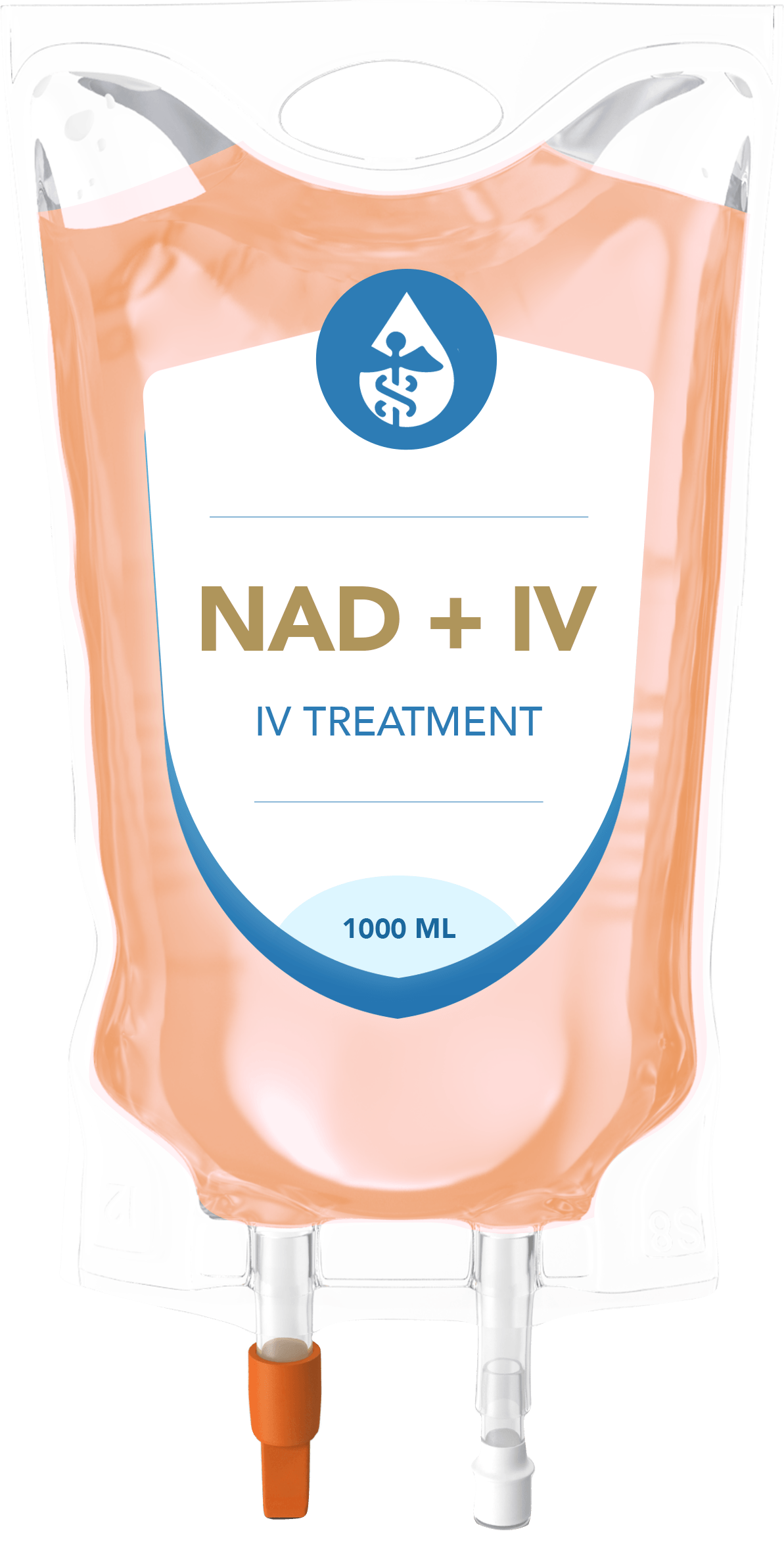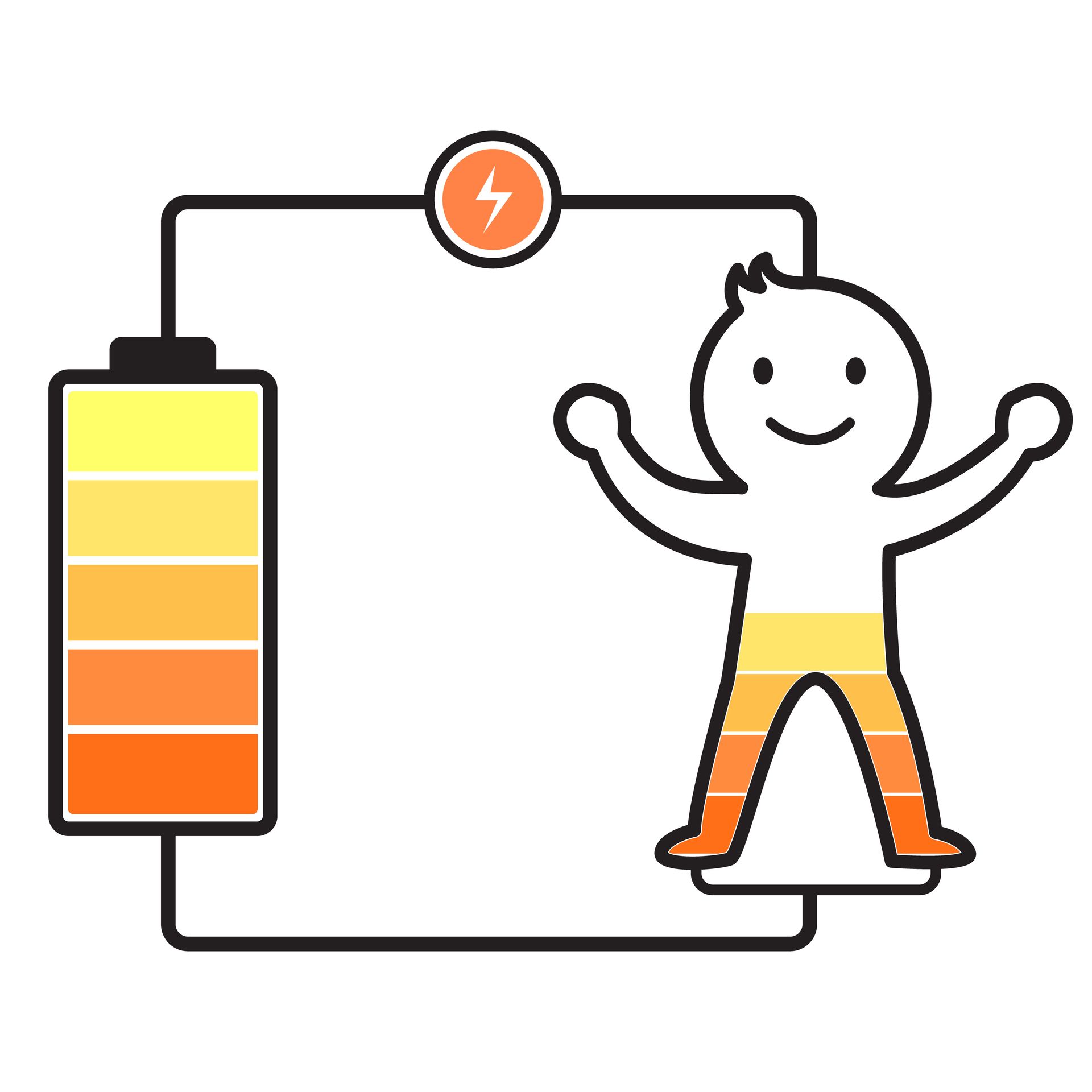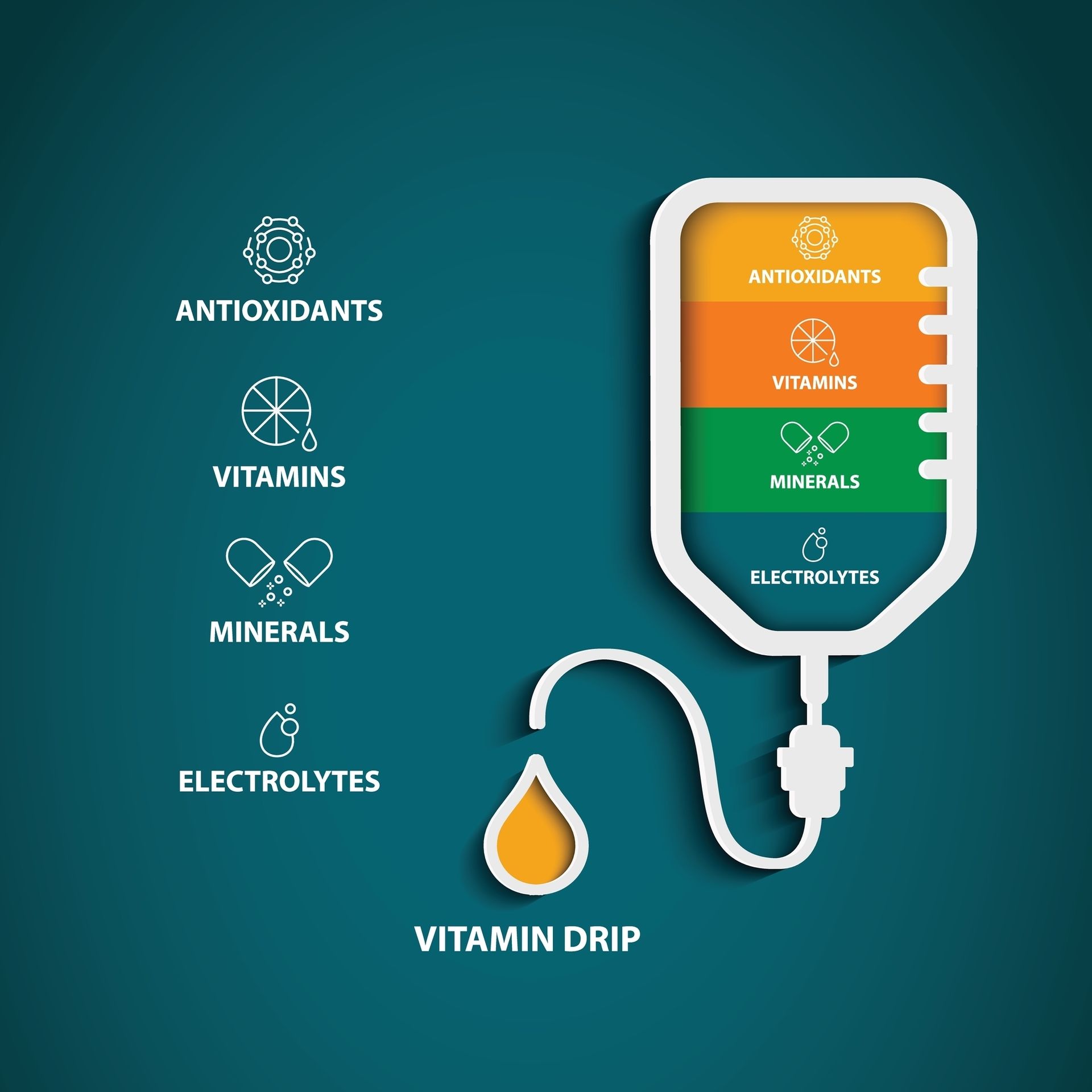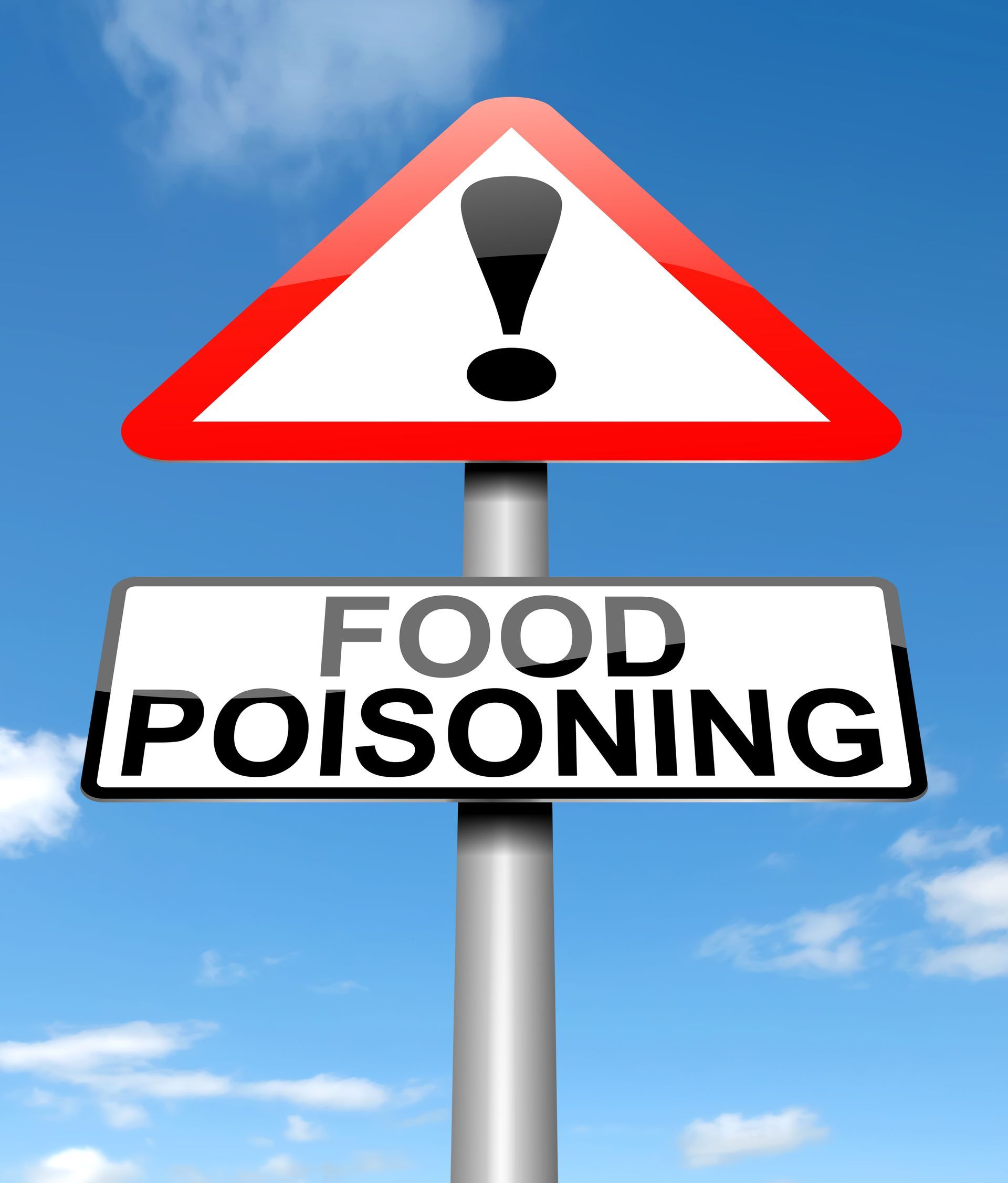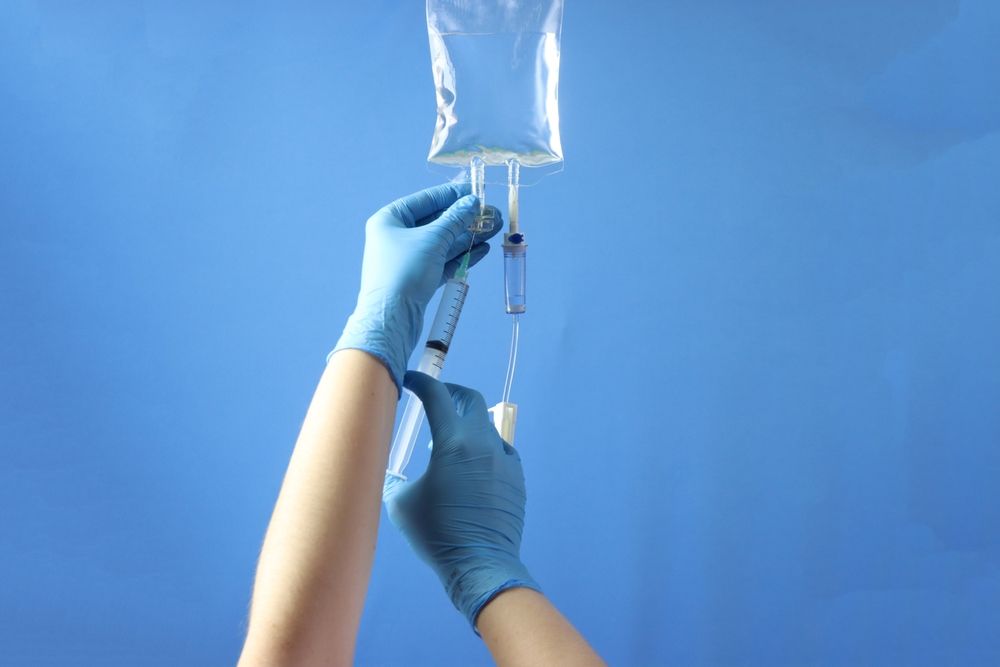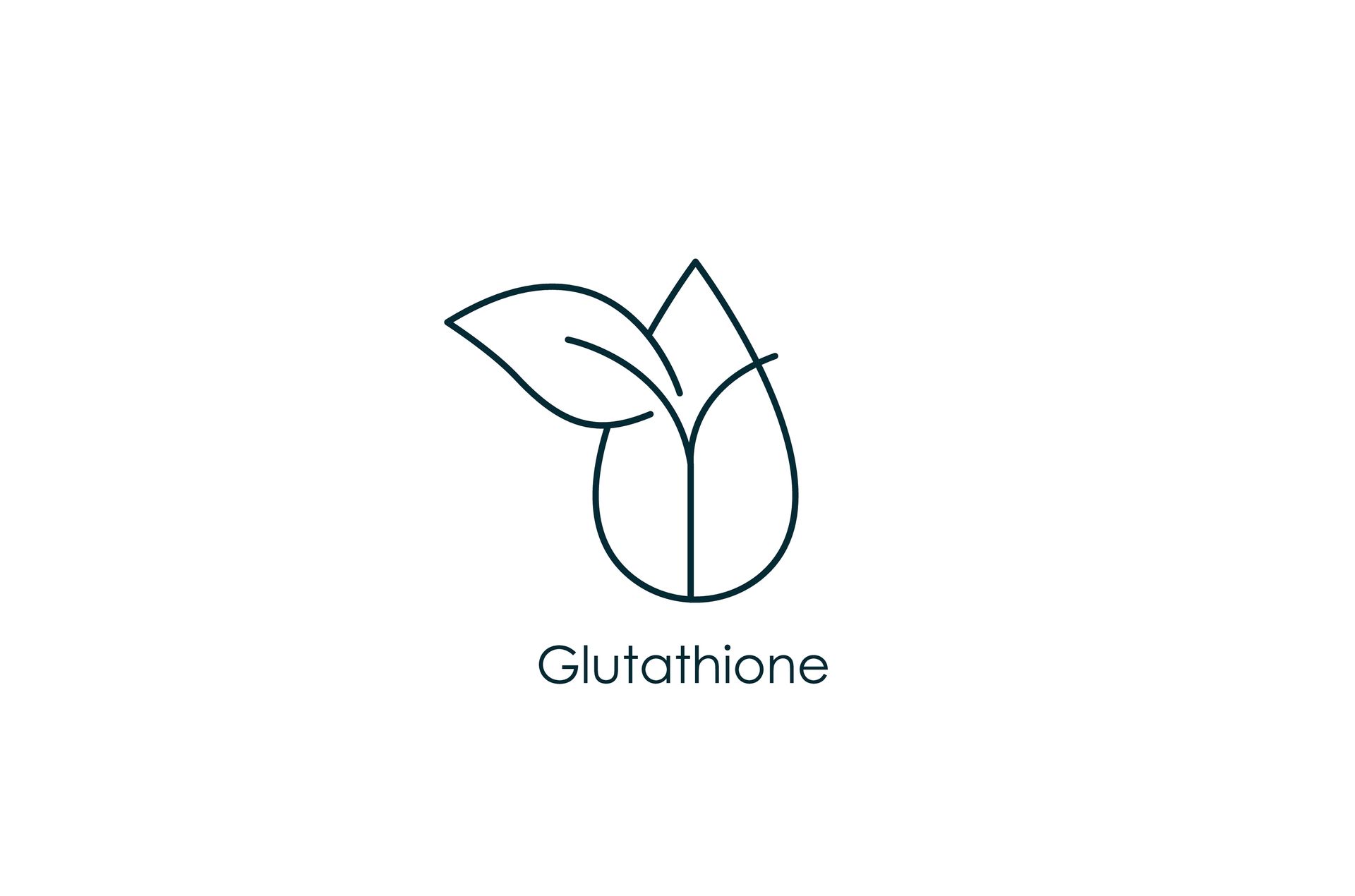Articles and Information
IV Therapy for Mothers: Naturally Replenish Post-Pregnancy Nutrients

Understanding the Importance of Post-Pregnancy Nutrition
After giving birth, a mother’s body goes through significant changes and demands comprehensive nutrition for proper recovery. Post-pregnancy nutrition is crucial not only for the mother's health but also for her baby's well-being if she is breastfeeding. The nutritional needs during this period are heightened, requiring a focused approach to dietary intake.
Good nutrition supports the restoration of energy levels, aids in healing, and helps prevent postpartum depression. It is vital for mothers to replenish any lost nutrients to promote overall health and ensure they can care for their newborn effectively. Moreover, a well-balanced diet can help mothers navigate the physical and emotional challenges that often accompany the postpartum period, providing a strong foundation for both mother and child.
The Role of Nutrients in Post-Pregnancy Recovery
Nutrients play a pivotal role in the recovery process. Essential vitamins and minerals contribute to a mother's physical and emotional recovery, including:
- Iron: Vital for replenishing blood loss during childbirth.
- Calcium: Supports bone density, particularly for breastfeeding mothers.
- Vitamins C and E: Important for healing and skin recovery.
- B Vitamins: Essential for energy levels and mood regulation.
By focusing on a nutrient-rich diet, mothers can enhance their vitality and promote healing post-delivery. Incorporating a variety of whole foods—such as leafy greens, lean proteins, whole grains, and healthy fats—can ensure that mothers receive a broad spectrum of nutrients. Additionally, staying hydrated is equally important, as it aids in digestion and supports overall bodily functions, which can be particularly beneficial during the demanding early days of motherhood.
Common Nutritional Deficiencies After Pregnancy
Many mothers experience nutritional deficiencies after giving birth due to various factors, such as dietary restrictions or increased nutrient demands from breastfeeding. Some common deficiencies include:
- Iron: Often found low due to blood loss during delivery.
- Folic Acid: Crucial for recovery, especially if there was a deficiency during pregnancy.
- Vitamin D: Important for immune function and calcium absorption.
- Omega-3 Fatty Acids: Essential for both maternal and infant brain health.
Recognizing these deficiencies is the first step toward addressing them effectively. Many healthcare providers recommend specific dietary adjustments or supplements to help mothers meet their nutritional needs. For instance, incorporating foods rich in omega-3s, such as fatty fish or flaxseeds, can be particularly beneficial for cognitive health. Additionally, regular check-ups can help monitor these deficiencies, ensuring that mothers receive the support they need during this transformative time.
Introduction to IV Therapy for Mothers
As mothers seek ways to improve their post-pregnancy health, many have turned to IV therapy as a convenient method of nutrient replenishment. This innovative approach allows for direct nutrient delivery into the bloodstream, bypassing the digestive system.
IV therapy can provide a rapid and effective way to rehydrate and replenish essential nutrients after the taxing journey of pregnancy and childbirth.
What is IV Therapy?
Intravenous (IV) therapy involves administering fluids, vitamins, and minerals directly into the bloodstream through a catheter. This method of delivery allows for more immediate and effective absorption than traditional oral supplements, which must first pass through the digestive system.
IV therapy can be customized to fit individual needs, allowing mothers to receive precisely the nutrients they require to optimize their recovery.
How Does IV Therapy Work?
The process begins with a consultation, where healthcare providers assess the individual needs of the mother and recommend tailored nutrient infusions. Once the appropriate IV bag is prepared, a healthcare professional will insert a small needle into a vein, allowing the nutrient solution to flow directly into the bloodstream.
This direct access helps to quickly address any deficiencies and brings almost immediate benefits, including improved hydration, energy levels, and overall wellness.
Benefits of IV Therapy for Post-Pregnancy Nutrient Replenishment
IV therapy offers several compelling benefits specifically catered to mothers recovering from pregnancy. These advantages can significantly impact their overall health and wellness.
Immediate Nutrient Absorption
One of the main benefits of IV therapy is its ability to provide immediate absorption of nutrients. Unlike oral supplements, which must be digested, IV therapy delivers nutrients directly into the bloodstream, leading to faster results. Mothers often report increased energy levels and improved hydration following treatments.
Customizable Nutrient Infusions
IV therapy allows for personalized treatment plans tailored to each mother's specific nutritional needs. Healthcare providers can adjust nutrient dosages based on individual deficiencies, health concerns, and recovery goals. This customization ensures that mothers receive the nutrients they truly need for optimal post-pregnancy recovery.
Safety and Efficacy of IV Therapy for Mothers
While IV therapy is generally considered safe, it is crucial to consult with healthcare professionals to ensure it is appropriate for each individual's health status and needs. Understanding the potential risks and benefits will help mothers make informed decisions.
Potential Side Effects of IV Therapy
Though uncommon, some mothers may experience side effects from IV therapy, which can include:
- Minor pain or bruising at the injection site
- Headache or dizziness
- Allergic reactions to certain nutrients or solutions
Being aware of these potential side effects will help mothers have realistic expectations and communicate effectively with their healthcare providers.
Medical Supervision and IV Therapy
Receiving IV therapy should always be done under medical supervision, especially for new mothers. Trained healthcare professionals can monitor for any adverse reactions and ensure that the nutrient infusion is delivered safely. Regular check-ins also allow adjustments to be made as the mother's body heals and her nutritional needs change.
Frequently Asked Questions About IV Therapy for Mothers
Mothers often have questions about the appropriate time to begin IV therapy after pregnancy and the frequency of treatments. Below are some commonly asked questions.
When Should I Start IV Therapy After Pregnancy?
The ideal time to start IV therapy can vary based on individual health conditions and recovery rates. Many mothers find it beneficial to begin treatments within the first few weeks after giving birth. However, it is best to consult a healthcare provider to determine the right timing based on personal health and recovery progression.
How Often Should I Receive IV Therapy?
The frequency of IV therapy sessions can differ based on each mother's unique nutritional needs and recovery goals. Generally, initial treatments may be scheduled weekly, tapering off as deficiencies are addressed. Continuous monitoring by a healthcare provider can help determine the best schedule to maintain optimal health.
In conclusion, IV therapy presents a promising option for mothers seeking to replenish essential nutrients post-pregnancy. With the right support and guidance, it can significantly aid in recovery, enhancing vitality and overall well-being during this critical period.



